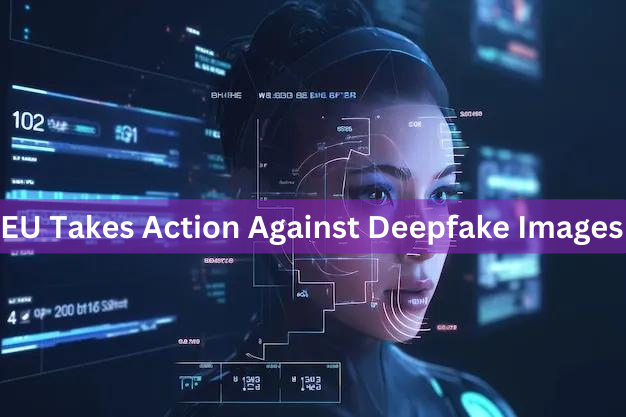EU Takes Action Against Deepfake Images

In 2022, the European Commission proposed a directive aimed at combating domestic violence and violence against women, including cyber-related offenses. Recently, both the European Council and Parliament have endorsed the proposal, agreeing to criminalize various forms of cyber violence. These include the unauthorized sharing of intimate images, such as deepfakes created by AI tools, which are often used in revenge porn. Additionally, acts like cyber-stalking, online harassment, misogynistic hate speech, and “cyber-flashing” (sending unsolicited nudes) will also be treated as criminal offenses.
The directive is seen as crucial for Member States that have not yet criminalized these behaviors. By implementing uniform rules across the European Union, victims will receive better support and protection. The Commission emphasizes the urgent need to address the widespread and harmful impact of online violence.
Furthermore, the directive mandates member states to develop measures for easier identification and prevention of cyber violence. They are required to provide online portals where residents can report incidents and seek assistance. Politico suggests that the proposal gained traction following incidents involving pornographic deepfake images of celebrities like Taylor Swift. European Commission Vice President Věra Jourová highlighted the dangers of deepfake technology, emphasizing the harm it can cause to individuals’ reputations and well-being.
However, the proposed rules are still pending approval by representatives of EU member states. If approved, member states will have until 2027 to implement the new regulations. The move reflects the EU’s commitment to addressing online violence and protecting the rights and dignity of women in the digital age.







